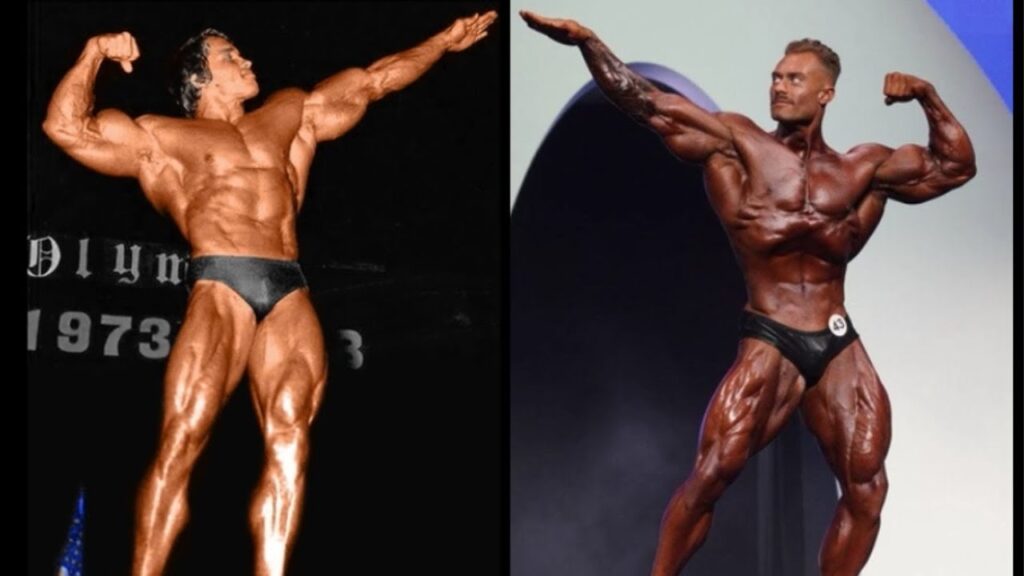Pavel Durov is one of tech’s most compelling figures, known for championing privacy and freedom in a time when both feel increasingly fragile. As the founder of Telegram, he’s created a messaging app that millions rely on to communicate securely. But Durov’s story goes far beyond just building an app; it’s really about his unwavering stand against government surveillance and tech industry norms.
Durov’s journey to Telegram started back in Russia, where he and his brother Nikolai developed VKontakte (VK), which quickly became Russia’s largest social network. Pavel, with his bold vision, was determined to keep VK free from government interference, committed to protecting users’ privacy. This stance didn’t go over well with authorities, who pressured him to share user data and restrict certain content. Refusing to compromise, Pavel faced serious resistance and eventually lost control of VK, leaving Russia in 2014.
That same year, Pavel and Nikolai launched Telegram, designed with a central mission: secure, private communication for everyone. The app’s standout feature is its end-to-end encryption, which ensures that no one—not even Telegram itself—can access users’ private messages. This level of privacy has made Telegram especially popular in countries where government surveillance is high. But Pavel didn’t stop there; he went a step further by making Telegram’s code open-source, allowing anyone to review it, adding an unusual level of transparency.
Durov’s approach to entrepreneurship breaks the typical mold. While many tech companies monetize user data, Pavel has chosen a path that protects it. For him, success isn’t only about profit—it’s about offering people a secure way to communicate without compromise. Despite facing setbacks and opposition, he’s stayed true to his mission. Durov’s story shows that some of the most impactful businesses are born from a strong sense of purpose. Telegram’s growth reflects that when you build something people genuinely need, especially something rooted in meaningful values, it resonates—and that resonance can lead to remarkable success.
